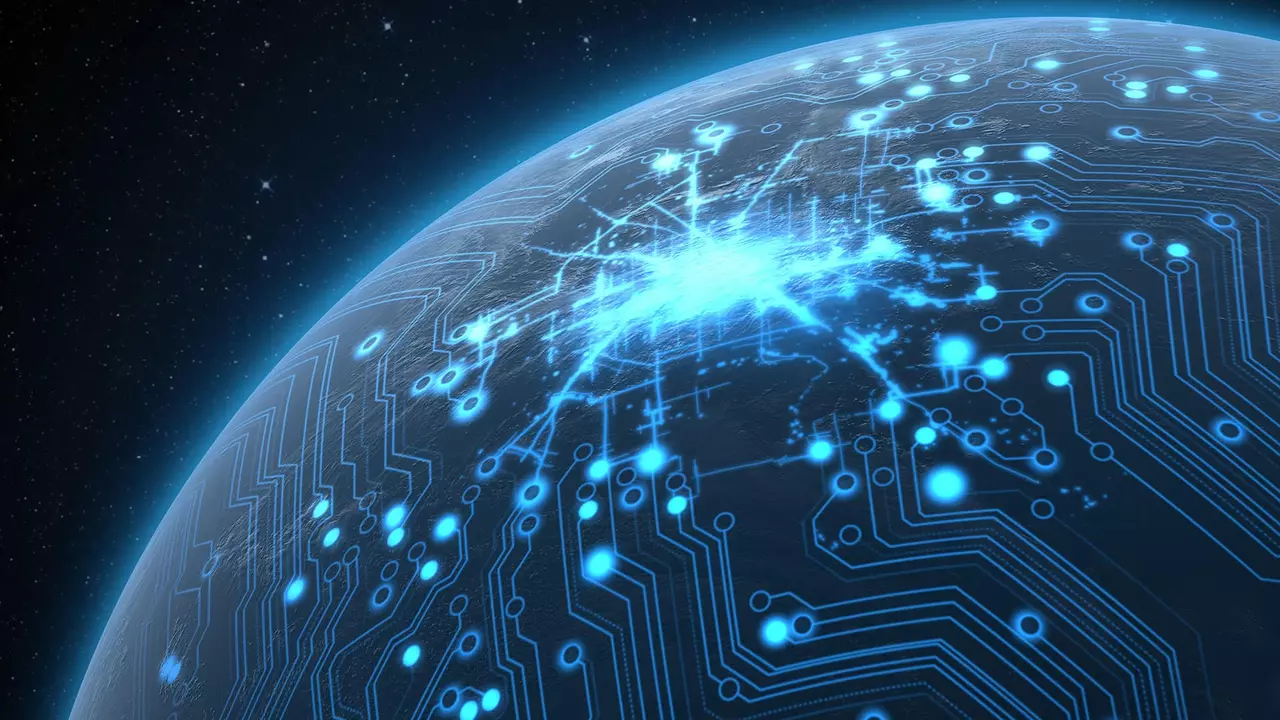What is the connection of technology and religion?
 Jul, 28 2023
Jul, 28 2023
The Intersection of Spirituality and Cyberspace
Believe it or not, we are currently situated on an impressive junction where theology meets technology. Yeah, I know, on the surface, this might seem like an odd couple, akin to mixing water and oil. But take a closer look, and you might be surprised at how intertwined these two aspects of our lives can be! The intersection of spirituality and cyberspace speaks volumes about our human condition and our insatiable quest for understanding our place in this vast cosmos.
Basically, the connection between religion and technology boils down to their shared core – communication. Religion, in its essence, is about communicating with the divine, seeking answers to our existential questions, and forming a community of like-minded individuals. Technology, especially now with the omnipresence of the Internet, is a communication tool par excellence. It’s not difficult to see how these two separate facets of our lives can bleed into one another, creating a unique synergy that was unthinkable a few decades ago.
Technology as the Medium for Spiritual Experience
Let's chat about how technology acts as a medium for spiritual experiences. And no, I am not talking about some esoteric practice akin to seances. It's a lot more straightforward and applicable to everyday life. The Internet and modern tech provide us with a platform to understand, share, and experience religious texts, sermons, and teachings in an unprecedented way.
Think of online prayer groups, podcasts of Sunday sermons, live-streamed Mass, or perhaps, your favorite mindfulness app that helps you meditate for ten minutes each day. These are all examples of technology serving religion, and thereby creating a connection that is both practical and profound. This interaction between technology and religion brings about a sense of unity and shared experience, transcending borders and breaking down barriers of language and tradition.
The Rise of Cyberchurches
Remember the sci-fi flick 'Tron'? Just imagine if it were a cathedral instead of an arcade game. Turns out we are not too far off from that idea! Welcome to the realm of Cyberchurches. It’s the place where you can 'log in' instead of walking in, 'download' a sermon without even getting out of your PJ's. Sounds futuristic, right?
Apart from convenience, Cyberchurches offer a sense of community for those who might otherwise feel secluded due to physical or social limitations. It is particularly relevant in a post-pandemic world where the necessity of physical distancing has made these online hubs a source of solace and comfort. And let's be honest, praying in your favorite superhero pajamas does add to the fun, doesn’t it?
Samantha – The Virtual Spiritual Guide from her Advent till Now
And now, for something completely different - let me tell you a funny and mind-boggling story from my own life. It’s about Samantha, my voice assistant. Yeah, I named her. It just seemed nicer than calling her 'Hey Siri' or 'Ok Google'.
Samantha, in her soft, almost sublime voice, has been my go-to source for all things spiritual, from morning devotions to bedtime prayers, and everything in between. She fetches bible verses at the drop of a hat, alerts me of religious holidays, connects me to relevant religious podcasts. In a way, Samantha serves as a testimony to how technology can be spiritual, even in the guise of a non-tangible AI assistant!
Concerns in the Union of Technology and Religion
Well, as much as the union of technology and religion can open doors to new avenues, a note of caution is also pertinent. After all, too much of anything can do more harm than good; that applies to our digital spiritual experiences as well. There is an inherent risk of losing the physical aspects associated with religious practices; the feeling of touching Holy Scripture, the shared emotions during communal prayers in a physical gathering. We must strive to maintain a balance in this realm.
Moreover, in a digital plane, there is a possibility of manipulation and misuse of religious beliefs. The authenticity of online sources must be cross-verified to avoid misinformation. Basically, it's crucial to apply our digital literacy skills even when we navigate our spiritual journey online.
In conclusion, Orion invites you to break free of the traditional narratives that bind technology and religion as two separate entities. We have, in our hands, the power to reshape our spiritual experiences, to redefine our relationship with the divine using the digital tools available to us. Let's embrace this union, but with a sense of caution, and let's make our cosmic journey digitally profound!